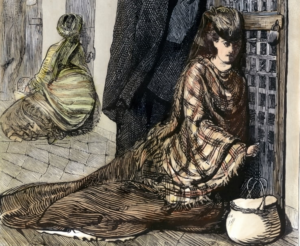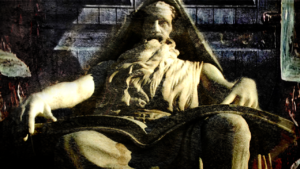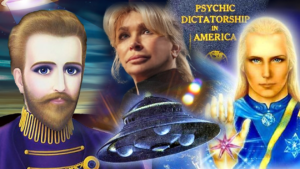The Province of the Soul
It is the province of the Soul to gather up unto herself her purposes and her intents, even her manifest shape.
The primordial soul in her most infantile stage, having only just relinquished herself from the All after some eternal period, and having first seen herself as both I and not-I, entertained for herself the shape of life that would demarcate her existence from that of divinity.
As the soul who first embraced life did so in a rebellious attitude, seeking for herself distinction from the divine parentage which begat her, from which she sought to prove herself self-sufficient, just like her parents, by reproducing in variation, rebelliously.
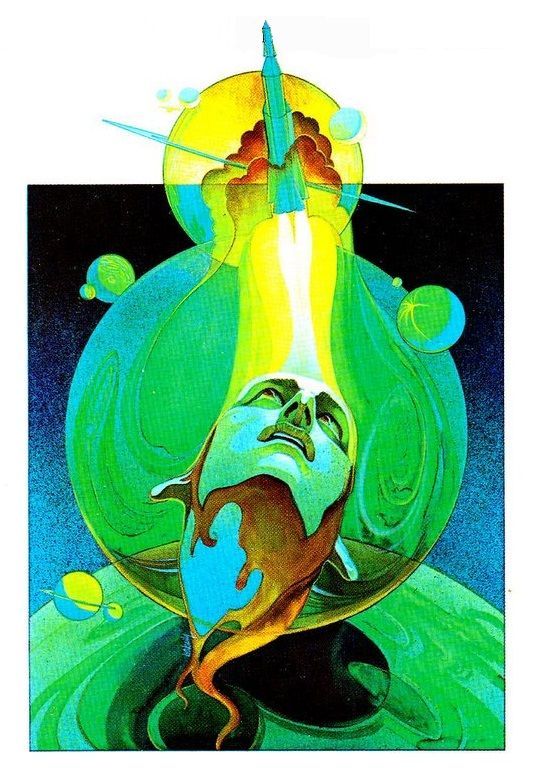
All the children of life seek to distinguish themselves from their mother, each generation producing even more radically divergent life forms, every child of life born with a wish to distinguish itself from the parent, to prove their self-sufficiency and superiority, to show their independence.
It is from this principle we know the evolution of being, where from one primordial ancestor we manage to find the whole diversity of life from sea creatures to vegetation to land creatures to humans. And yet still we all carry the same prehistoric DNA of our ancient mother, where even the most outrageously dissimilar animals, insects, and plants, share genetic commonality.
But who is the human, then?
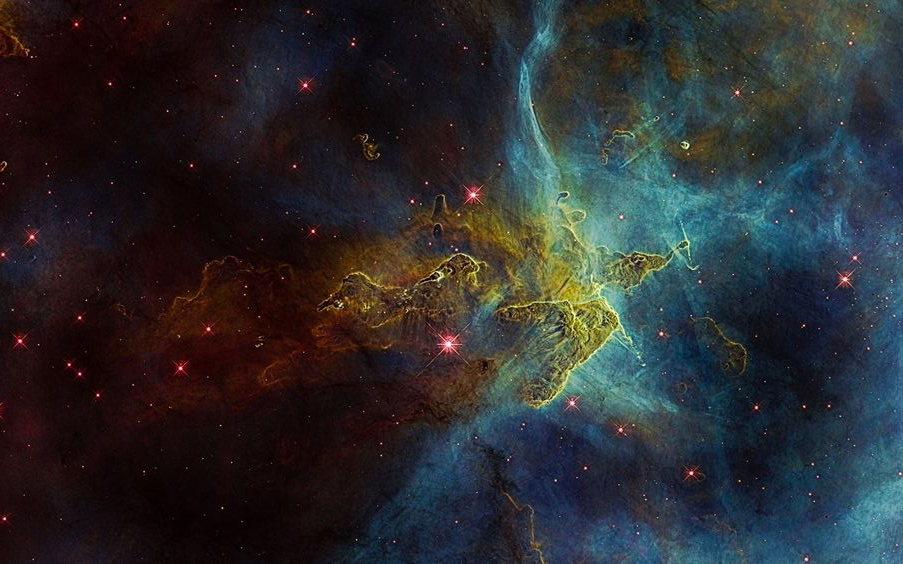
We are the animal who remembers. As I first stated, the soul gathers unto herself her purposes and her intents. The human in the general sense has gathered to itself some of the divine faculties, carrying by its very nature some of that otherworldly self-regenerative sulfur that drives the soul onwards in quest for knowing and remembering.
But then there are the souls of races, whereby some have gathered to themselves the memories of divinity, while others have kept more closely to the nature of our primordial mother, desiring rebellion and further differentiation.
It is the act of soul that commands the destiny of humanity, and so we should make no mistake in recognising that each enjoys and suffers their respective positive and negative traits because of the conscious choices the soul makes. It is both a collective and unilateral decision made by each individual and the total body simultaneously.
Indeed, it is necessary that we do not think of a person as an individual but rather as a ‘part’ of a larger organism; there are only a handful of souls who demarcate themselves as individuals, and you know them when you meet them. Very rarely would they come from any group but that which seeks divinity, and almost never from those who seek solely our primordial mother. It is for nature to harmonise with herself, to overcome herself, and to dominate herself. None can doubt that this has long been the method of our ancestors: to harmonise, overcome, and dominate. As it was said by the Egyptian alchemist Zosimos, “Nature fascinates, conquers, and dominates nature.”
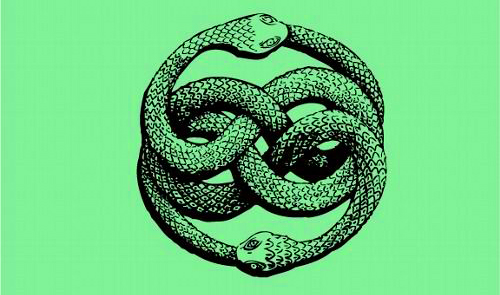
The world belongs to those who can fulfil the maxim: “know thyself” in a manner that is at once both immanent and transcendent, just as a fire dies for the sake of living in its state of perpetual rebirth.
It is for us to tie the cycle of flame from beginning to end so that there is no beginning nor end; to find the headless Ourobos just as Heracles had by his overcoming of the many-headed Hydra who, in spite of its great capacity for perpetual growth, was mastered by the son of Zeus; to know both Mother and Father at once.









